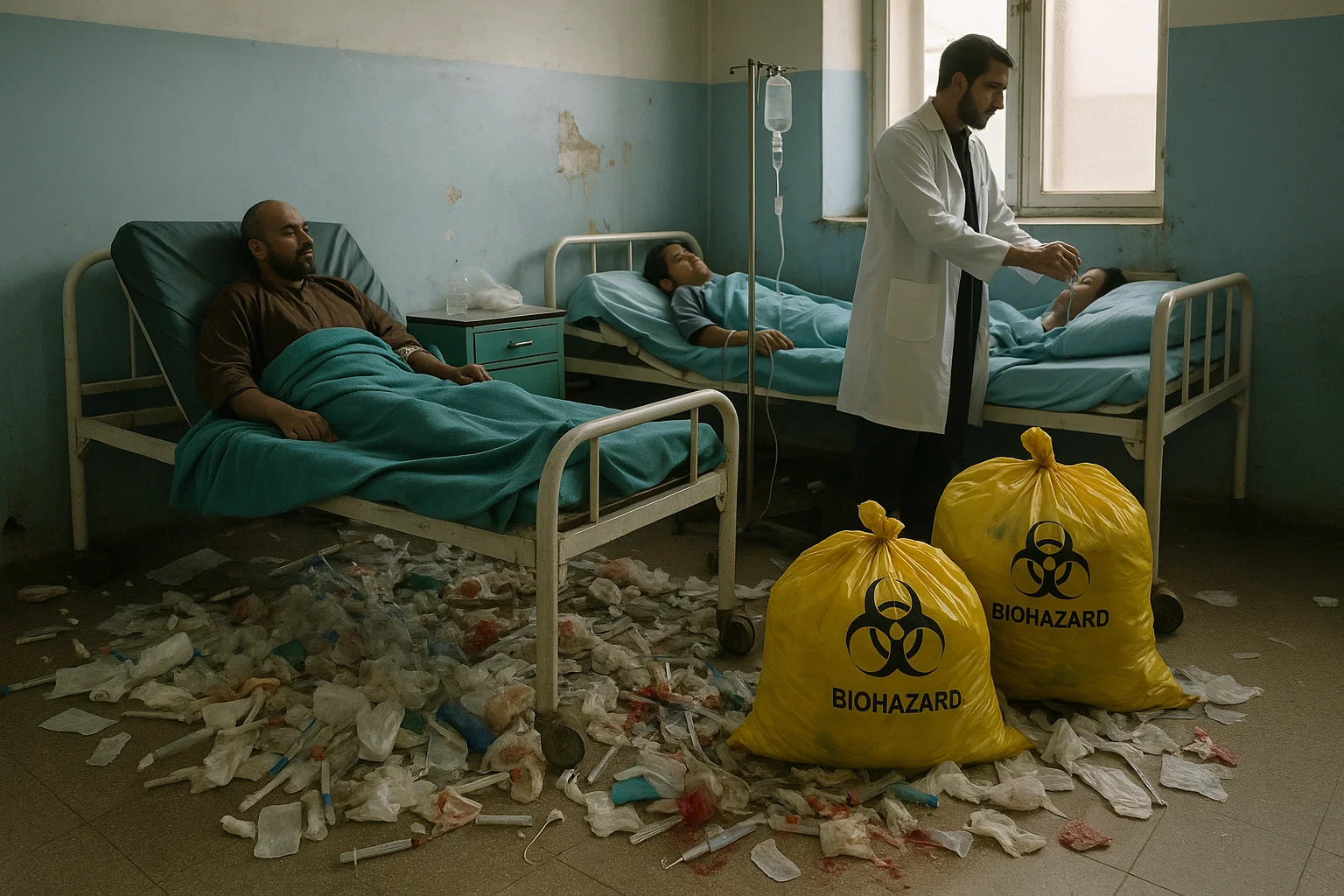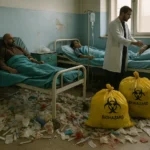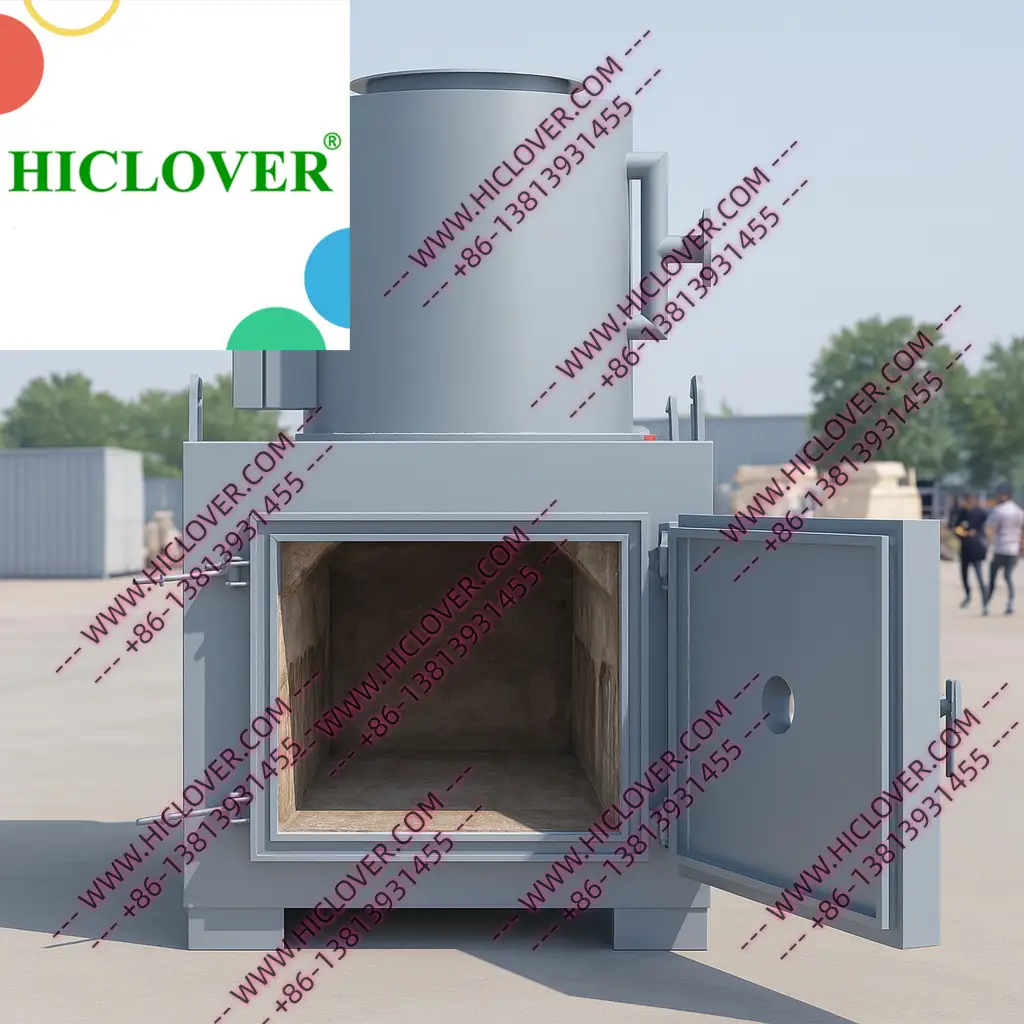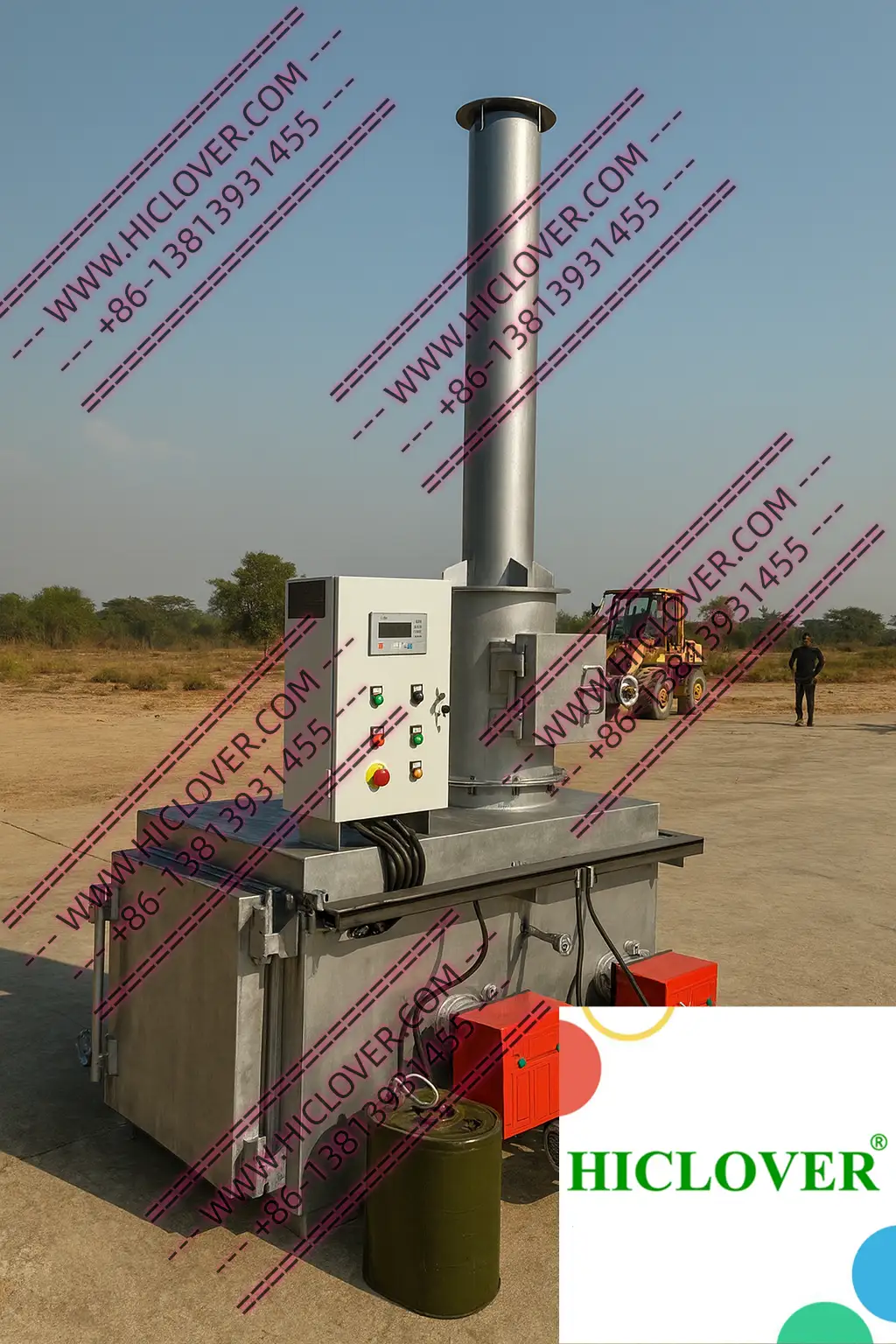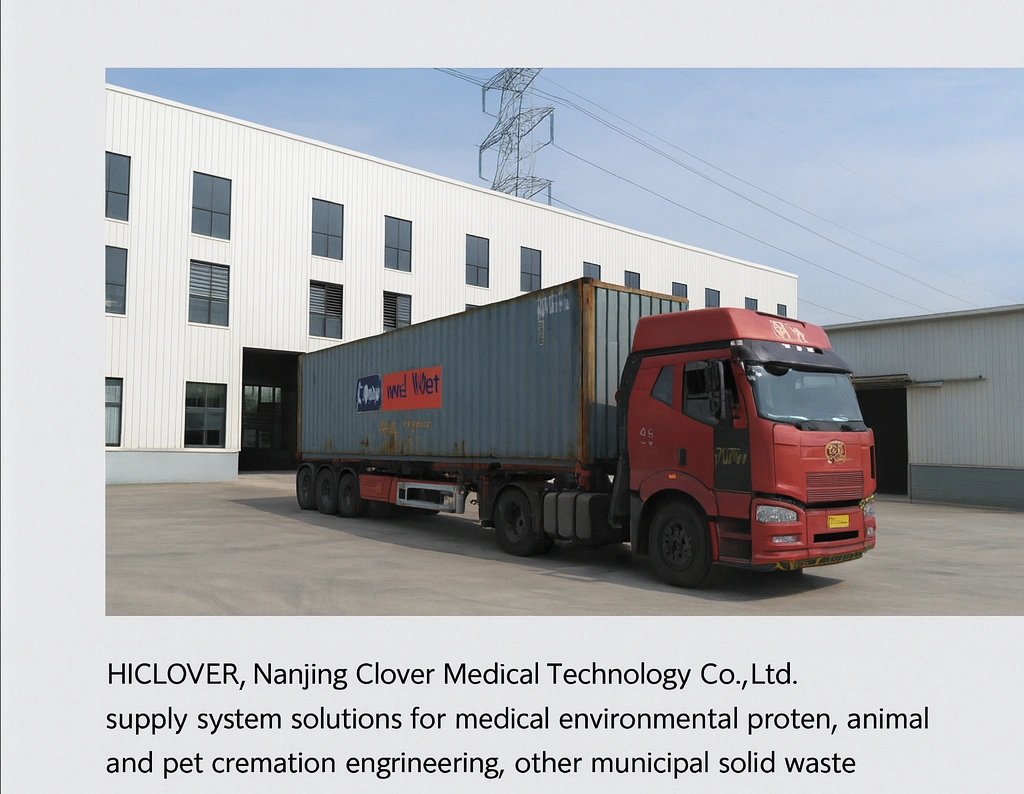Safeguarding Immunization and Health Waste Management Amidst Crisis in Afghanistan
A Complex Landscape: Healthcare, Conflict, and Humanitarian Needs
Afghanistan is confronting overlapping crises: enduring conflict, fragile healthcare infrastructure, and devastating natural disasters. The recent earthquakes in western provinces, along with ongoing internal instability, have further stressed basic public health systems. In such settings, ensuring safe disposal of medical and immunization waste is more than technical―it’s a cornerstone of protecting vulnerable populations and frontline healthcare workers from additional harm.
Misinformation, limited logistics, and interruptions in power, transport, and waste collection have all contributed to increased use of unsafe practices―open burning, shallow burial, and uncontrolled dumping. These become pathways for disease transmission, environmental pollution, and unsafe exposure to sharps and drug residues.
NEPI and the Strategic Shift Toward Safe, Sustainable Incineration
In mid-2025, UNICEF’s initiative under the National Expanded Program for Immunization (NEPI) kicked off installation of five environmentally safe incinerators at regional hubs in Kandahar, Nangarhar, Balkh, Herat, and Paktya. Each hub must manage roughly 1,000 vaccine vials and 400 safety boxes daily, under circumstances of inadequate waste segregation, insufficient PPE usage, and low staff training rates.
This move is strategically significant. It not only addresses immediate disease control―such as preventing tetanus, hepatitis, or needle-associated infections―but also builds local capacity for environmentally responsible healthcare waste management amid disaster recovery efforts.
Why HICLOVER TS50 PLC Incinerators Stand Out
Among available technologies, the HICLOVER TS50 PLC is exceptionally suited to Afghanistan’s volatile humanitarian context:
-
Compact and Robust: Measures just 2.3 × 1.3 × 1.55 m, with a weight of ~5 tons―easy to install in structures of unfinished or damaged REMT buildings, even in earthquake-affected zones.
-
Operational Safety: PLC automation with auto-shutdown, false-alarm systems, and robust high-temperature retention (1100C1300°C secondary chamber) reduce operator error―essential when trained staff are limited.
-
Health Worker HICLOVER: Each unit is delivered with three sets of heat-resistant PPE, plus two years of spare parts and technical support―critical in areas where supply chains are disrupted.
-
Adaptable Emission Controls: The incinerators meet WHO and international standards through optional wet scrubbers, activated carbon and bag filters; but their core strength lies in dual-chamber high-temperature combustion, which maximizes destruction even if upstream waste segregation is imperfect.
Impact Amid Conflict and Disaster Recovery
-
Immediate Health Safety: The incinerators prevent reuse of contaminated glass vials and sharps, reliably neutralizing infectious agents amid disrupted sanitation systems.
-
medical HICLOVER: By avoiding open burning, they significantly reduce toxic emissions such as dioxins―a major health risk in unstable areas with limited air quality monitoring.
-
Capacity Building: Training module delivery enables local staff to operate independently, even if international deployment is interrupted.
-
Scalable Model: These units can be rapidly redeployed to crisis hotspots, making them a tactical asset in both post-disaster zones and active conflict areas.
A Call to International Partners
Afghanistan’s health infrastructure is under pressure from multiple overlapping crises―natural disasters, insecurity, and under-resourced programs. Strategic investments in smart, resilient healthcare waste solutions like the HICLOVER TS50 PLC incinerator system are more than compliance. They are lifelines.
Observing agencies, donors, and health NGOs must continue collaborating to:
-
Allocate funds for installation and maintenance of incinerators in high-risk zones, including earthquake-affected regions.
-
Support training, supply of PPE, and spare parts to ensure long-term functionality.
-
Integrate waste safety into broader reconstruction plans, linking immunization, environmental protection, and community health resilience.
afghanistan earthquake healthcare waste incinerator
NEPI vaccine waste incinerator afghanistan
HICLOVER TS50 PLC emergency incinerator afghanistan
healthcare waste management post-disaster afghanistan
mobile incinerator for conflict zones afghanistan
